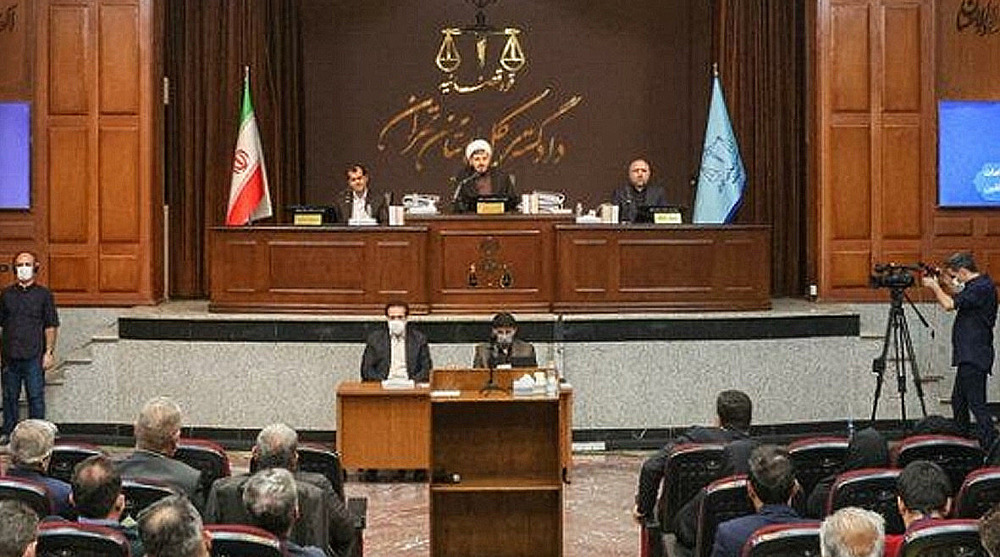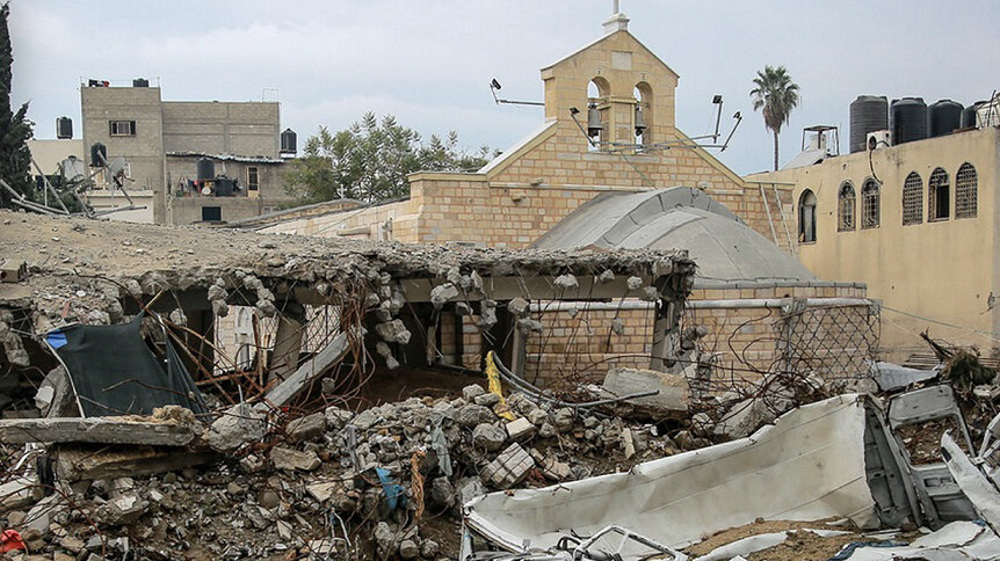Muslims travel to Medina city during Hajj pilgrimage
Mahdi Abbasian
Press TV, Medina
Muslims from around the globe are gathering in Saudi Arabia to perform their first Hajj pilgrimage since the outbreak of the coronavirus pandemic. And before going to the holy city of Mecca to perform their Hajj rituals, they will visit the second-holiest city in Islam: Medina.
There is a lot of historical, religious, and cultural significance to the city, which makes it a very special place for Muslims. Medina is the city where the Prophet Muhammad (PBUH) and a group of his early believers migrated to in order to flee the oppression they faced in Mecca more than 1,400 years ago. This migration is known as the Hijra, which marks the beginning of the Islamic calendar.
Many verses of the Muslim’s holy book, the Quran, were revealed while the Prophet resided in Medina, and many important events in the development of Islam in its earliest years happened in this city. Also, the second largest mosque in the world where the Prophet himself is buried, is located in the city.
Famed for its green dome, Masjid al-Nabi or The Prophet's Mosque was built in 622 CE by the Prophet himself. According to Islamic traditions, a prayer at The Prophet's Mosque equals 1,000 prayers at any other mosque. To the southeast of the Prophet's Mosque is a cemetery where many of the Prophet's relatives and companions were laid to rest, including four infallible Imams.
Therefore, although this is not obligatory, Muslims usually visit the Prophet's mosque at least once in their lifetime during the Hajj pilgrimage. Many Muslims say they feel more serenity in Medina than anywhere else in the world.
VIDEO | MEK trial in Tehran reveals heinous terrorist crimes
VIDEO | No Christmas in Gaza again
Iran condemns Israel’s brazen admission of Haniyeh murder
VIDEO | Conference in Islamabad explores Pakistan-Iran ties
Hamas condemns Israeli evacuation order of Indonesian Hospital
VIDEO | Yemen resistance remains resolute
'Easy target': Yemen warns 4th US carrier within reach
Iran military awarded $40 mln worth of vessel building contracts









 This makes it easy to access the Press TV website
This makes it easy to access the Press TV website